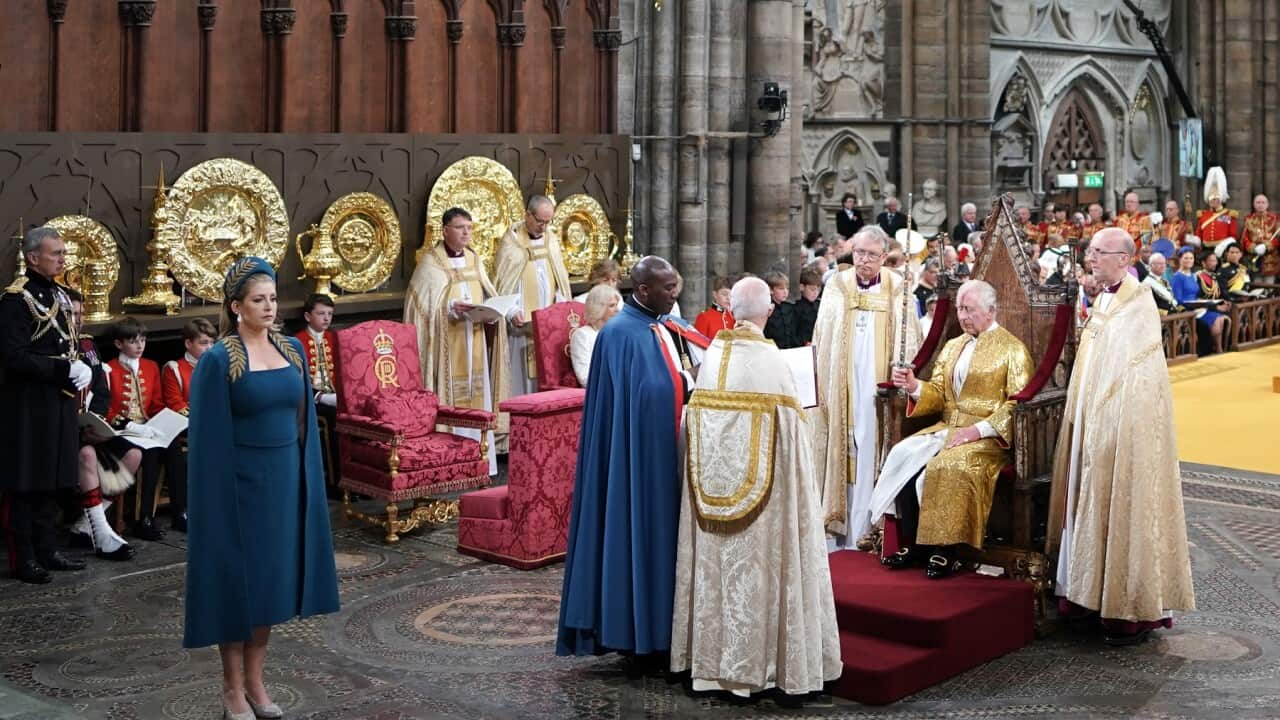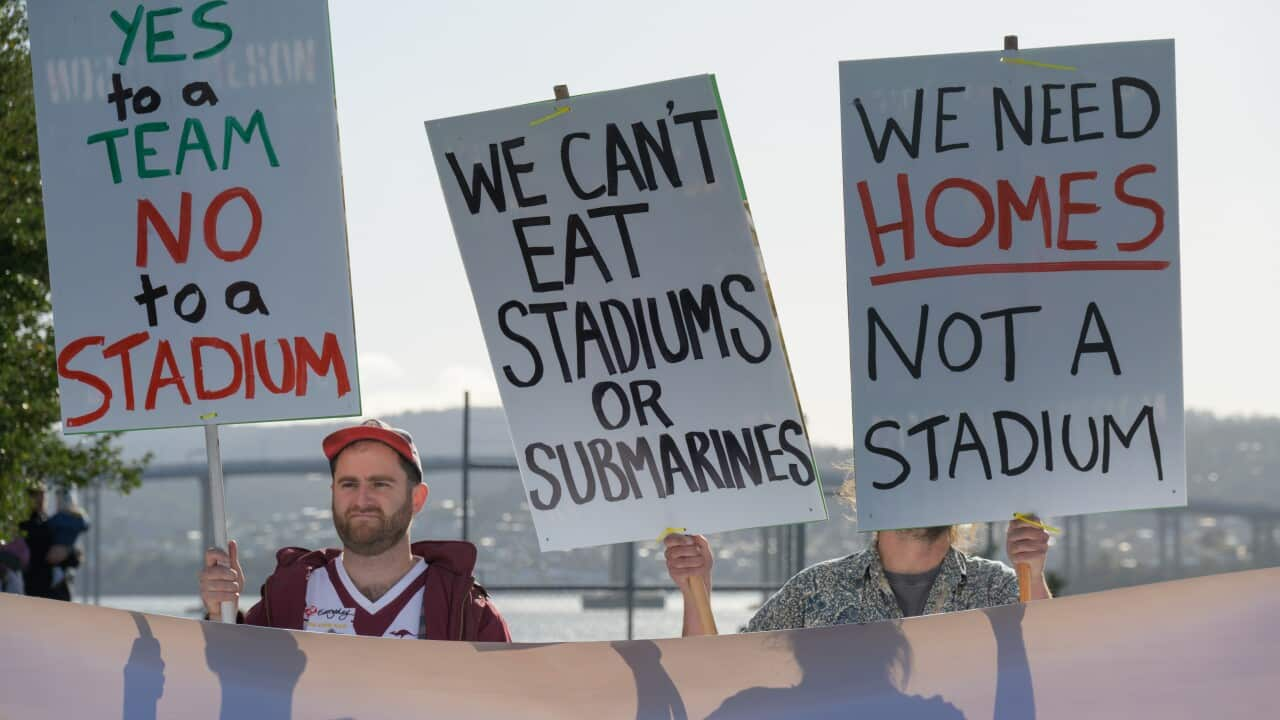The unique public job interviews taking place in New York for the role of UN secretary-general are a rare chance for that world body to take a first look at candidates to give the organisation the leadership it needs to be a more relevant, effective player in global crises. 10 years of competent but uninspiring leadership by South Korean diplomat Ban Ki-moon show how important it is for the UN to appoint a successor capable of reinvigorating the body.
In crises such as the Syrian civil war and eastern Ukraine conflict the UN should have done far more. Under Mr Ban it has been largely missing in action. For that reason, it is vital that the process under way for the first time in the UNs 70-year history seeks out a candidate with the initiative and know-how to make the UN more hands-on in international affairs.
Under the UNs arcane processes, it is no certainty that any of the eight candidates will get up. As with Mr Ban, there is a risk that the most anodyne candidate will win, then fail to provide the strong, innovative leadership needed.
The UNs persistent failure in global crises to do anything beyond passing resolutions underlines the need for change. The remaining hopes invested in it will be dashed if it fails to find the best leader this time.




